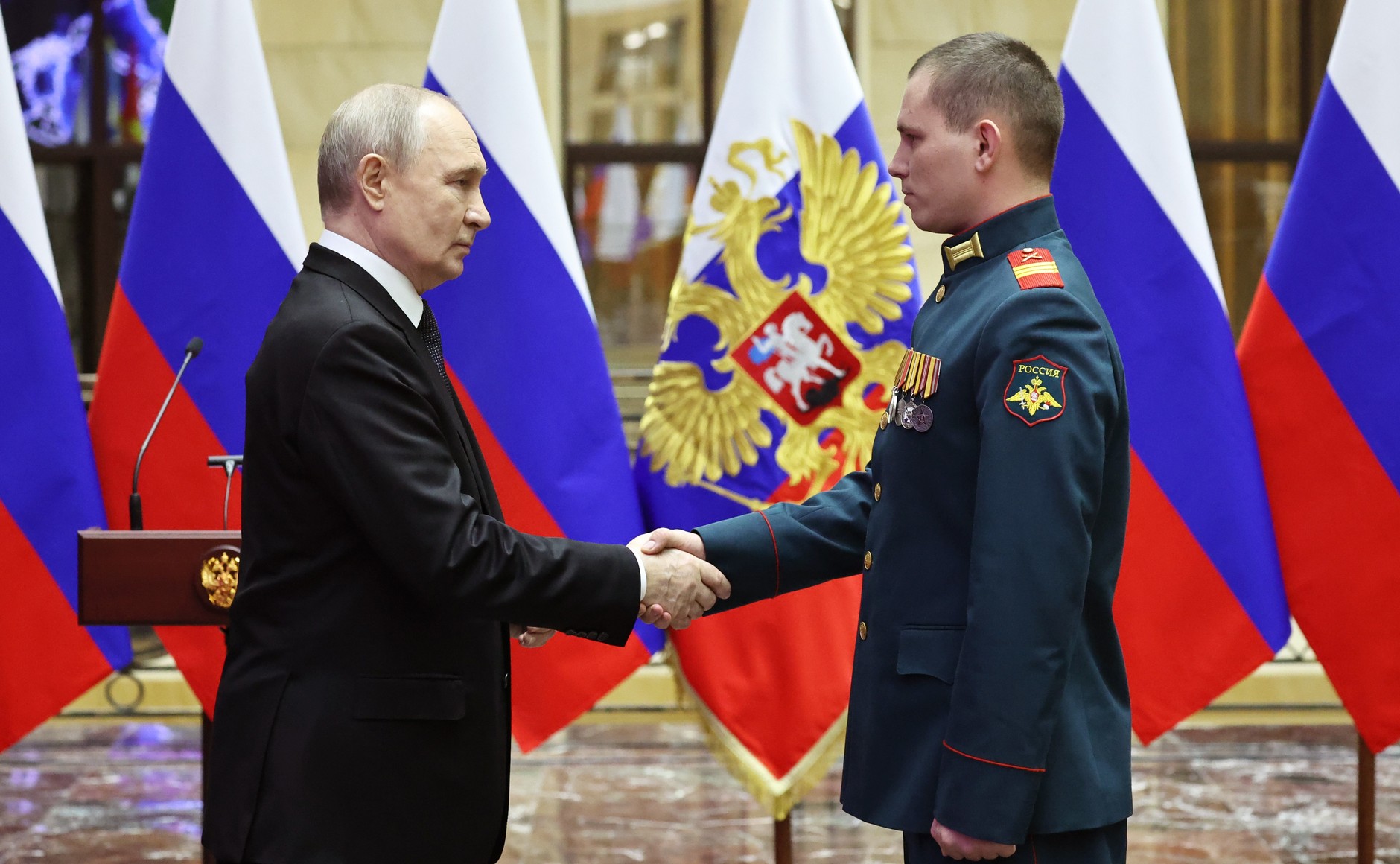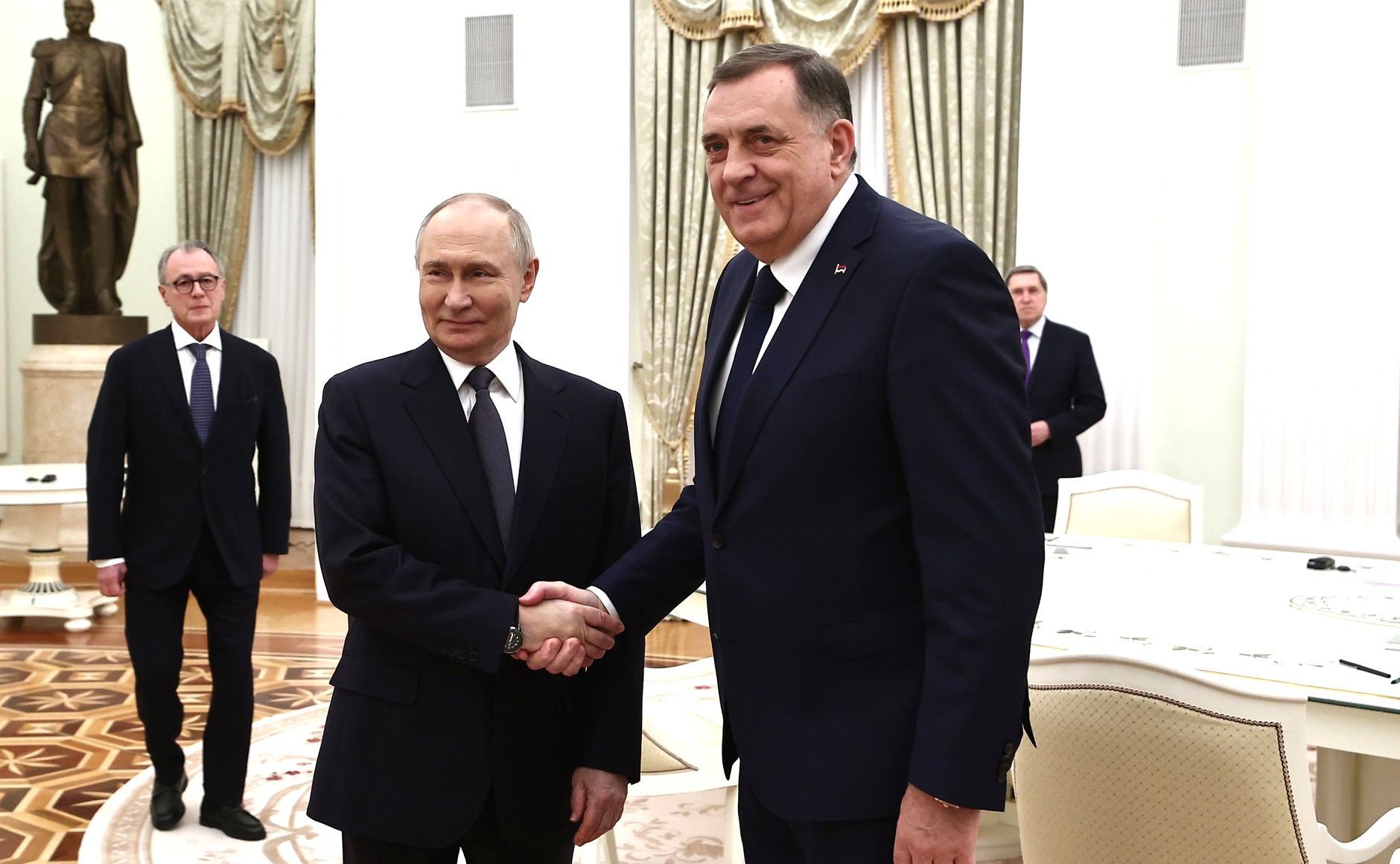RUSSIAN-JAPANESE FISHING AGREEMENT UNDER FIRE.
RUSSIAN-JAPANESE FISHING AGREEMENT UNDER FIRE.
A Russian political group has called on the State Duma to examine a Russian-Japanese fishing agreement that came into force earlier this year. The Public Committee for the Defense of the Kurils and of the Territorial Integrity of Russia, which met in Moscow yesterday, urged that the fishing agreement be invalidated because it runs counter to Russia’s national interests. According to Aleksei Plotnikov, deputy chairman of the group, the fishing agreement contains not a single word “saying that Japanese fishermen should honor Russian laws and regulations.” It also fails to mention, he said, that Japanese boats will be fishing in Russian territorial waters” (Itar-Tass, September 24).
The agreement to which the group was referring regulates fishing for Japanese boats in the waters off Russia’s disputed Kuril Islands. The agreement–signed in February of this year after some three years of often acrimonious negotiations–was cited by both sides as an important example of recently improved relations between Russia and Japan. Indeed, the fishing accord was finalized in compliance with an agreement reached by Russian President Boris Yeltsin and then Japanese Prime Minister Ryutaro Hashimoto during their informal summit in November 1997. Aside from providing symbolic value, the agreement was also intended to stop a series of incidents in which Russian border patrol vessels fired on Japanese ships fishing near the south Kurils (see the Monitor, January 7, February 23).
A number of nationalist groups and political figures in Russia have warned the Kremlin against making any concessions to Japan on the issue of ownership of the Kuril Islands, but few have raised questions over the February fishing agreement. It is probably no accident that yesterday’s meeting, which repeated those same warnings about the need to ensure continued Russian control of the islands, occurred when it did. Russian-Japanese relations have resumed their momentum in the wake of changes of government in both Moscow and Tokyo. The two sides have agreed tentatively to hold the next Russian-Japanese summit in November of this year. A Japanese proposal which would reportedly transfer the islands to Tokyo will reportedly be discussed during that meeting.
Meanwhile, Russia’s dire financial straits and the possibility–undoubtedly still a remote one–that the Kremlin might now be willing to make concessions over the islands in return for Japanese financial aid may be on the minds of those nationalist groups which see themselves as guardians of Russia’s national interests. It is unclear whether the Public Committee which convened yesterday in Moscow wields any real political clout. But reports of its meeting said that representatives from Russia’s parliament, the Foreign Ministry and the Russian General Staff were present as observers (Russian agencies, September 24).
IVANOV CONTINUES PRIMAKOV’S HARD LINE.


